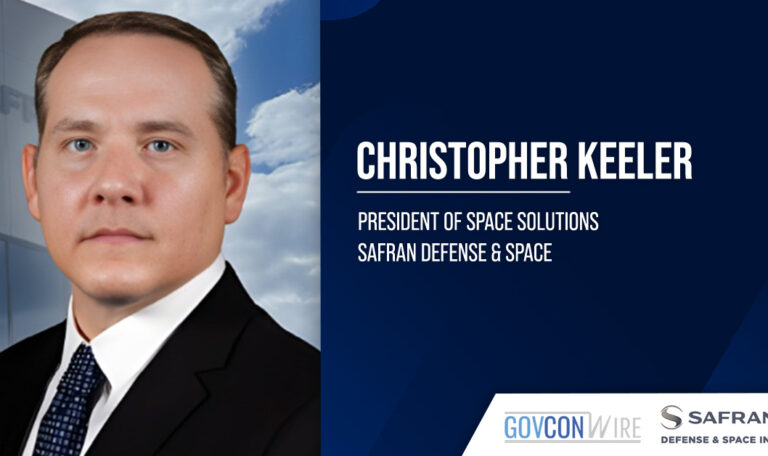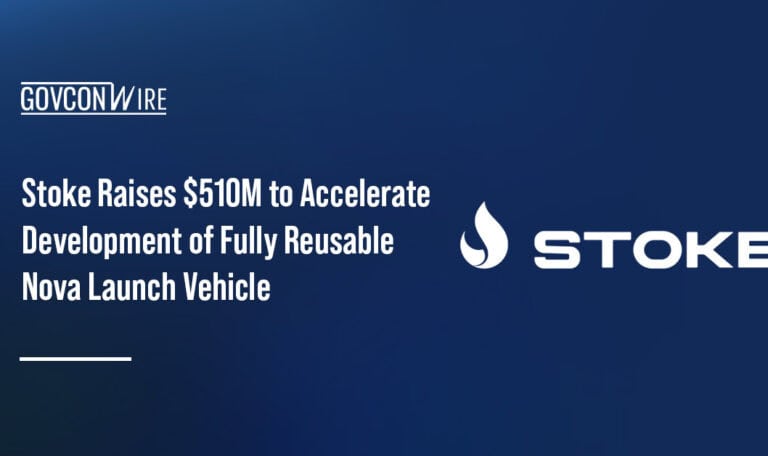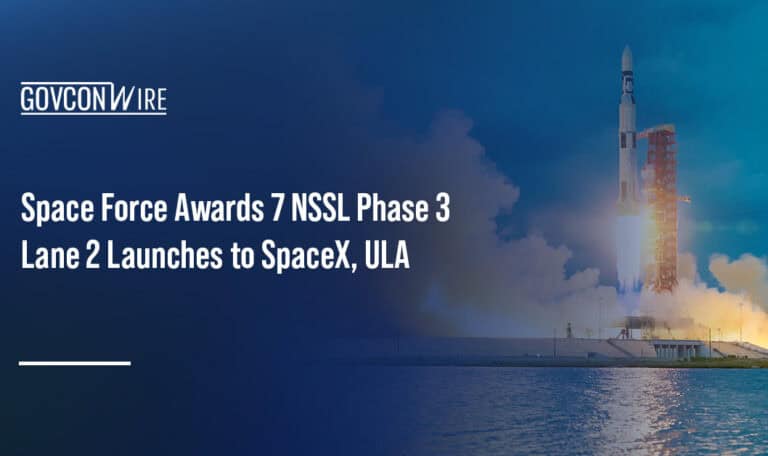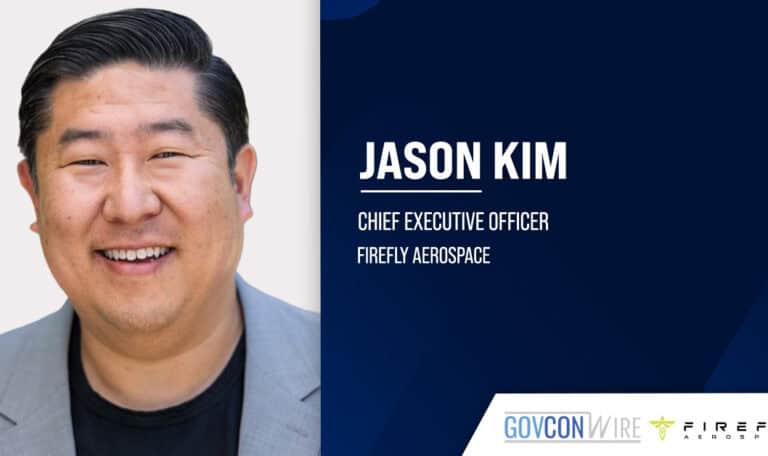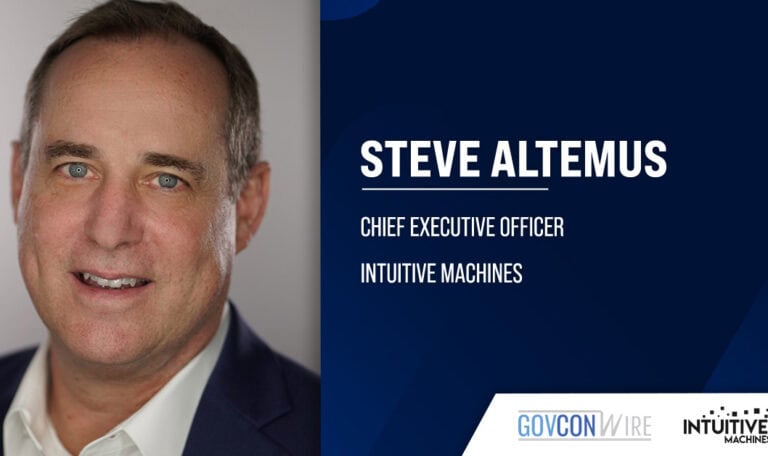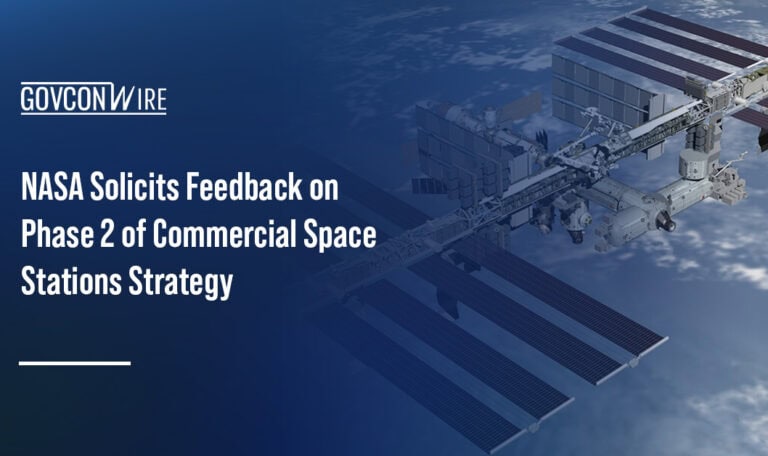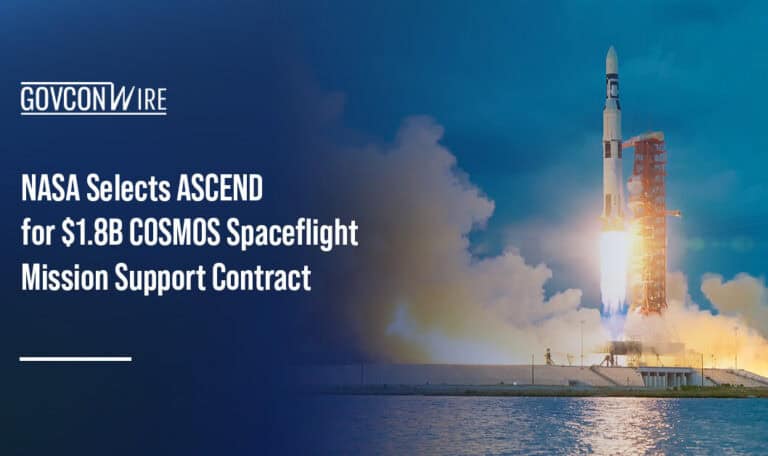NASA’s Solutions for Enterprise-Wide Procurement, or SEWP, contract is now in its sixth iteration, and it’s unlocking bigger opportunities for industry than ever before. In a new video interview, Executive Mosaic spoke with Deltek’s Vice President of Research, Carey Webster, to learn more about the contract and what contractors need to do to prepare for the upcoming RFP.

If you’re interested in space contract opportunities, you won’t want to miss the Potomac Officers Club’s 2024 Space Summit on March 5. Government space leaders from agencies like NASA, NRO, the U.S. Space Force and more will gather to discuss the future of the space domain and upcoming opportunities. Register here.
The SEWP contract has existed for more than 30 years and is extremely well-known within the GovCon industry. Webster explained that it’s appealing to contractors because it’s well-run, respected and has a quick turnaround time for new products. But as SEWP VI gets closer to issuing an RFP, there are a few key differences between the current iteration and past contracts.
“As of now, they’ve stated that there is not going to be a cap for awards,” Webster said in conversation with Executive Mosaic’s Summer Myatt. “So what that means is that anyone that passes the evaluation process will get a prime spot on this contract — really opens up the door for other companies to get a prime spot.”
“That’s very good for industry, especially right now when you look at category management. What we’re seeing is less and less new contracts coming out. We’re seeing the government rely more on existing contracts instead of recompeting contracts when they come up,” she added.
According to Webster, NASA could be releasing a final request for proposals in the spring of 2024, and awards are likely to be made in October 2024.
To find out more about how contractors can prepare for the upcoming RFP, watch Webster’s full video interview here. Subscribe to Executive Mosaic’s YouTube channel and follow us on LinkedIn to keep up with the latest GovCon news and insights.



